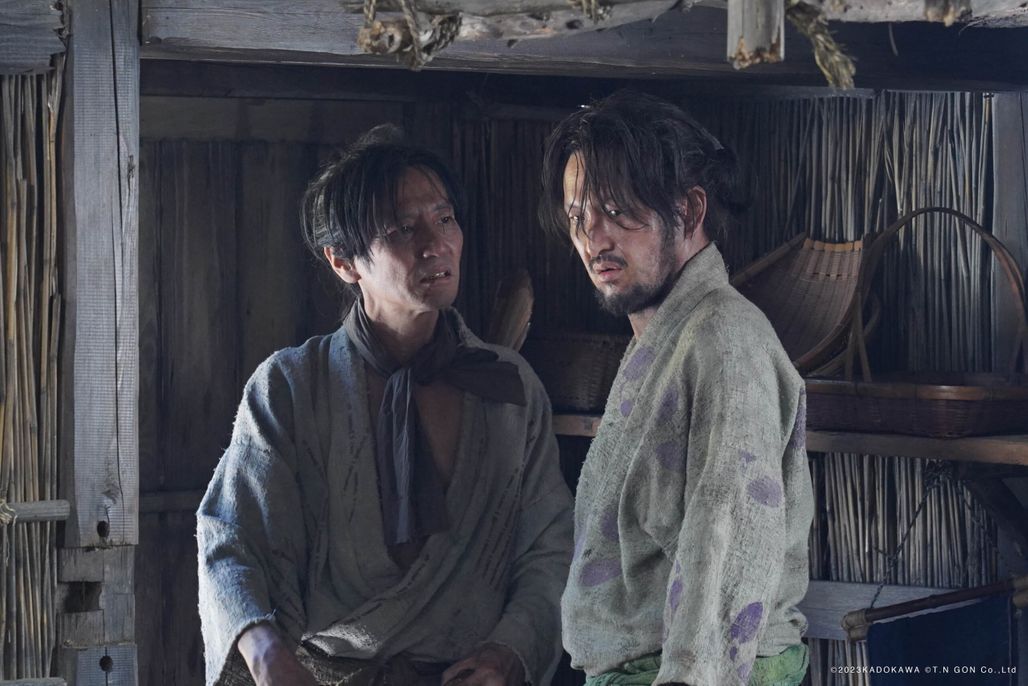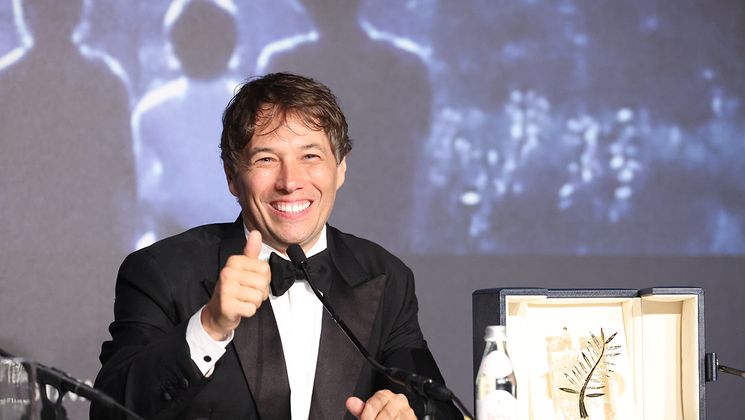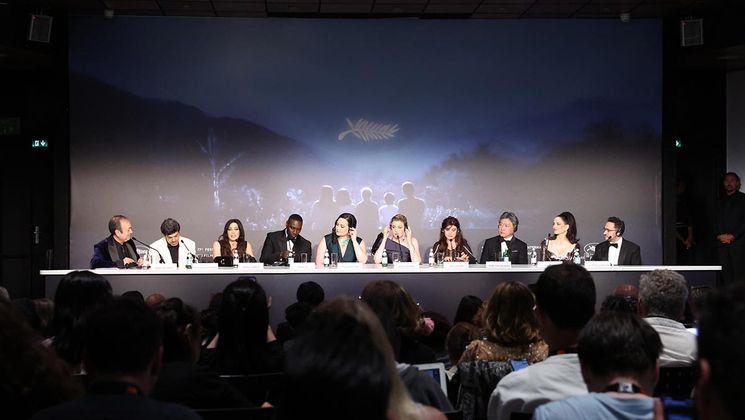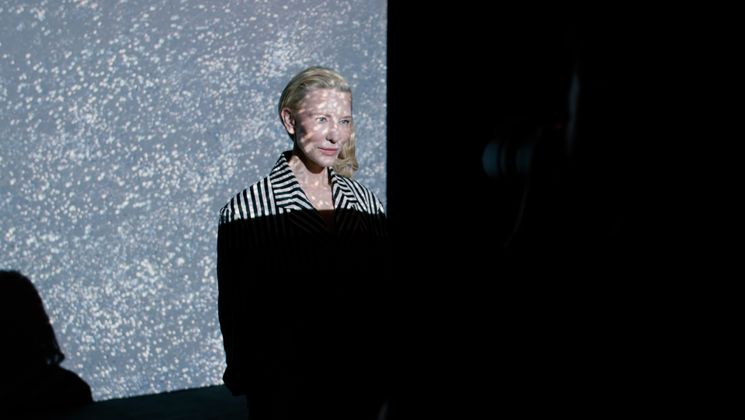
Kubi, Takeshi Kitano’s historic epic

An actor and humourist, “Beat Takeshi” once again becomes Takeshi Kitano when he gets behind the camera. From his TV beginnings to the Golden Lion at Venice for Hana-bi in 1997, the filmmaker has known how to play with conventions and his image to renew Japanese cinema. In Kubi, the native of Tokyo has breathed life back into Oda Nobunaga and Hashiba Hideyoshi, two historical figures from Japan. After Outrage, selected In Competition in 2010, Kitano has returned to Cannes with a dramatic action film presented at Cannes Première.
In the 16th century, the warlord Oda Nobunaga (Ryō Kase) seeks to unite the country under his banner when one of his generals, Araki Murashige (Kenichi Endō), starts an uprising against him before disappearing. To find him, Nobunaga brings together his other vassals, including Mitsuhide (Hidetoshi Nishijima) and Hideyoshi (“Beat Takeshi”), ordering them to capture the traitor and promising that the most committed to the hunt will become his successor.
Takeshi Kitano has made a film that can claim to rub shoulders with The Seven Samourai, Akira Kurosawa‘s masterpiece. Sometimes seen as the successor of the Japanese master, the director depicts a feudal Japan in prey to the wars and political machinations of local lords. A story of honour, treason and violence, which recalls Outrage, with its more modern yakuza, engaged in a struggle for power every bit as pitiless.
The filmmaker also shines through as his avatar “Beat Takeshi”, whose deadpan humour was a part of the success of the TV show Takeshi’s Castle in the 1980s. In cinema, the actor has gone navigated with ease between comedy and drama, as when he starred alongside David Bowie in the war film Merry Christmas Mr. Lawrence, by Nagisha Ōshima, in 1983.


